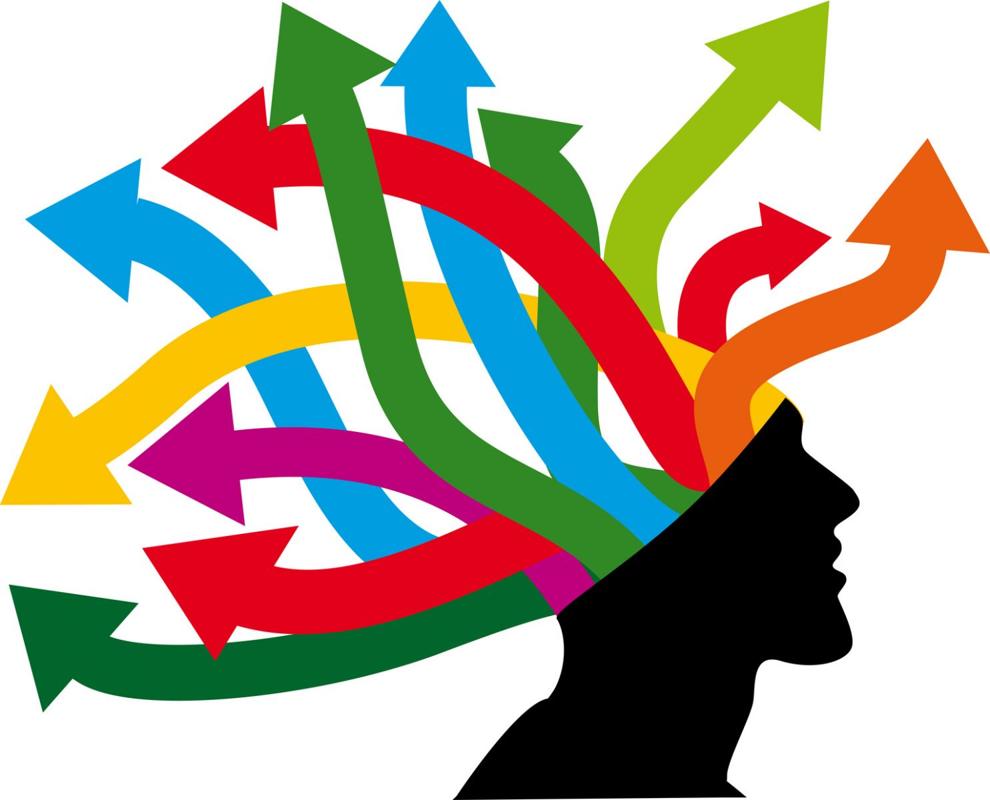A genuine political solution to Ethiopian problems could emanate from genuine efforts to narrow the generational schism that is plaguing the country: That Generation vs. This Generation, The 60s vs, Generation Z, Old School vs. Post-Millenials, The Old vs. The Youth (Often treated with contempt by the old elites). In the same accord, it is high time that the concerned parties (not particularly, Political Parties) should roll their sleeves and go on a comprehensive, considerate of the zeitgeist political quest that could at least, lay the ground for a common understanding of the generational interests. It is also time to recognize that the left brain couldn't naturally and possibly work without the right.
It is a matter of survival; to wake out of our delusional trances and self-induced insomnia and cut to the chases. In fine, it is necessary to keep an eye on the clock and the time-keeper. Or else we will go on artificially separated, as if we have never known each other. In John J Welsh's words:
The older generation thought nothing of getting up at five every morning - and the younger generation doesn't think much of it either.
But the crux of the matter is, no matter how much we try to ignore and diffuse the real enemy of progress - class differences based on artificially engineered and authoritatively constructed assumptions - there is no way we could effectively get it of the shelf. It lurks in the shadows of our collective subconscious. Seeing and Hearing No Evil about it couldn't get it rid of the beast once and for all. It is just a sublime game of hide and seek we are trying to play, a sort of sciamachy.
So, I say let us be vigilant about the dangers of naivety-based generational schisms and the fake attempts to address them by fighting "Wag the Dog" style wars in our generational fantasies.












